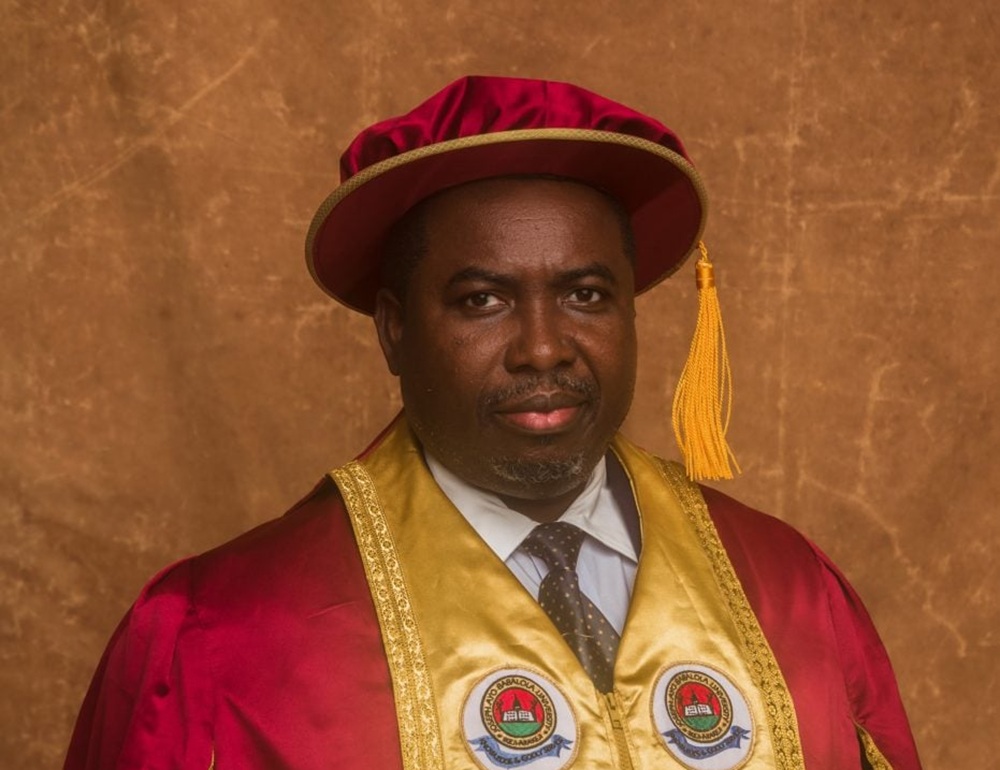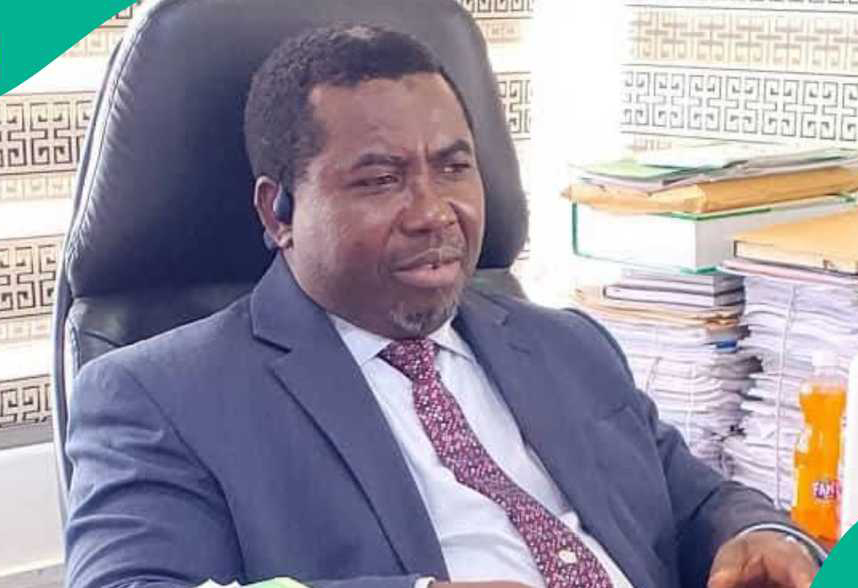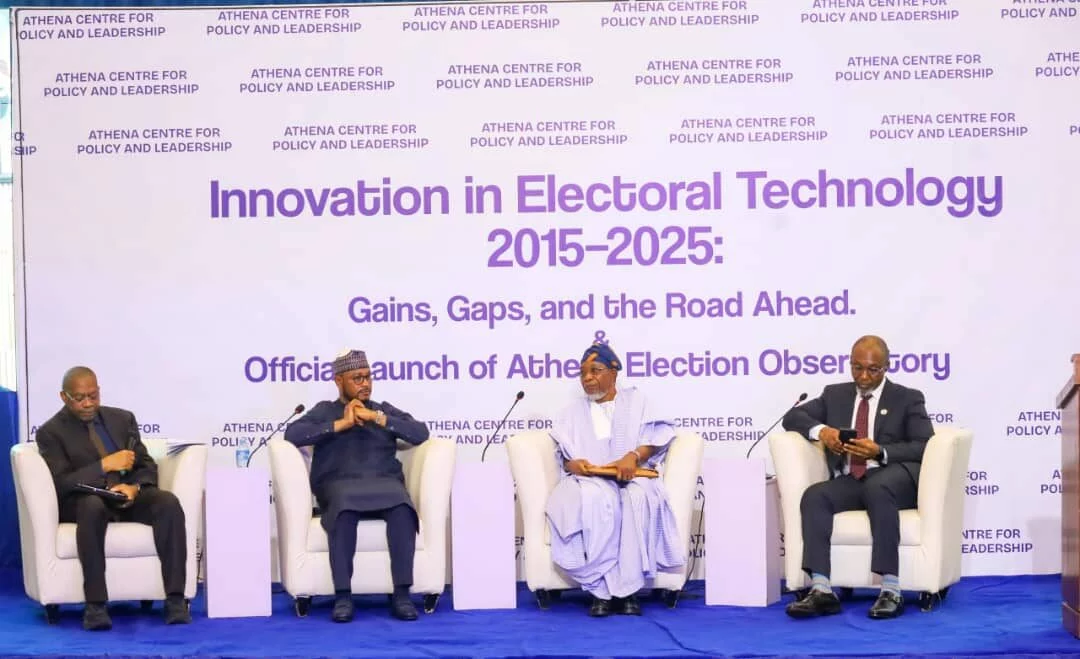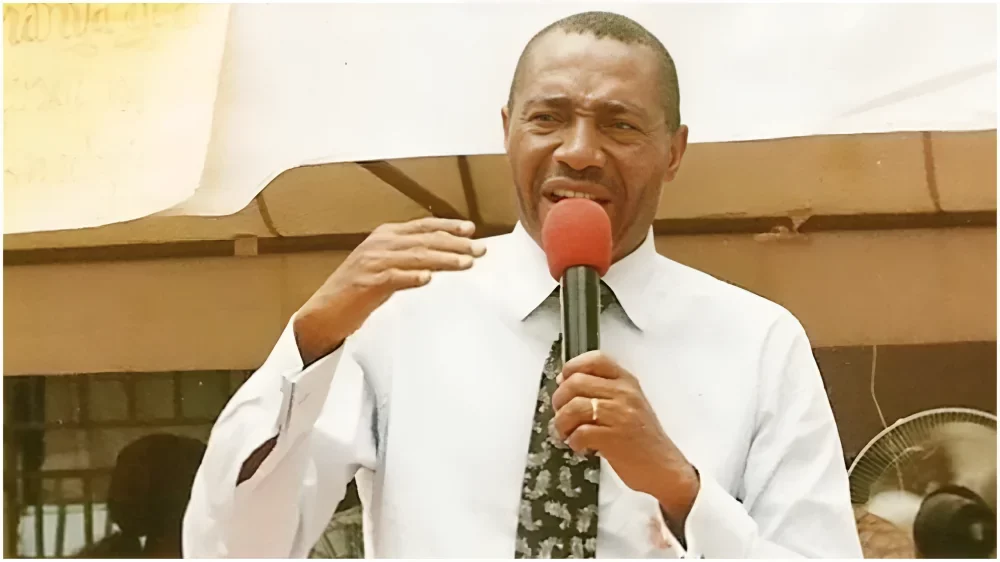Blockchain: The Unanswered Question in Nigerian Election Integrity?

The recent Nigerian general elections have faced significant scrutiny regarding their credibility, with international bodies like the European Union Election Observation Mission (EU EOM) and former President Olusegun Obasanjo raising serious concerns. The EU EOM's initial report highlighted massive failures on the part of the Independent National Electoral Commission (INEC), citing inefficient planning, a lack of transparency during critical electoral stages, and a reduction in public trust due to delayed polling processes and issues with accessing results on the Results Viewing Portal (IReV).
Former President Obasanjo, in a statement titled “2023 Nigeria Presidential Election: An Appeal For Caution and Rectification,” called for the cancellation of elections in areas where disruptions occurred. He alleged that INEC officials at the operational level had been compromised through the manual transmission of results, which he claimed were manipulated and doctored. The introduction of the Bimodal Voter Accreditation System (BVAS) and IReV for the 2023 elections was initially seen as a crucial step to enhance electoral integrity and credibility; however, the technology has done little to improve public confidence in the polls, leading to questions about the effectiveness of technological solutions in such contexts.
This situation has prompted a discussion on whether blockchain technology, often touted for its transparency, decentralization, and security, could have provided a better solution for the 2023 general elections. In its simplest form, blockchain is a digital ledger that creates a highly secure, decentralized, anonymized, yet auditable record chain. Its encryption makes transaction databases incorruptible and records easily verifiable. Theoretically, blockchain could be used to record and report votes, prevent voter fraud, and allow officials to count votes with absolute certainty, ensuring each ID corresponds to one vote, preventing fake votes, and making tampering impossible. Despite no practical cases of blockchain-based elections yet, its potential applications are garnering attention.
However, according to Lucky Uwakwe, a certified blockchain specialist and DeFi expert, blockchain technology would not have been able to prevent the irregularities observed in the Nigerian elections. Uwakwe argues that the core issue is not the lack of decentralization in the technology used, noting that BVAS, though not entirely decentralized due to centralized administrative input, shares similarities with blockchain in its intended function. He emphasizes that the problem lies with INEC's failure to adhere to its own processes and guidelines.
Uwakwe asserts that even if blockchain had been implemented, the results would still be misleading if INEC chose not to follow the established guidelines for accessing, viewing, or updating records. He points out discrepancies between figures announced by INEC and those signed by Polling Unit party agents and uploaded. He explains that while a blockchain voting system would ideally upload records immediately upon voting, eliminating the need for paper, its effectiveness is contingent on the electoral body's adherence to rules. Uwakwe highlights that INEC guidelines mandate direct upload of BVAS data to its server for public access, a step that was reportedly not consistently followed. Ultimately, Uwakwe concludes that the issue is not technological deficiency but rather the electoral body's failure to follow due process and established rules.
You may also like...
Rooney Blasts 'Crisis Mode' Liverpool: Champions Lacking Leadership and Salah's Form a Major Concern
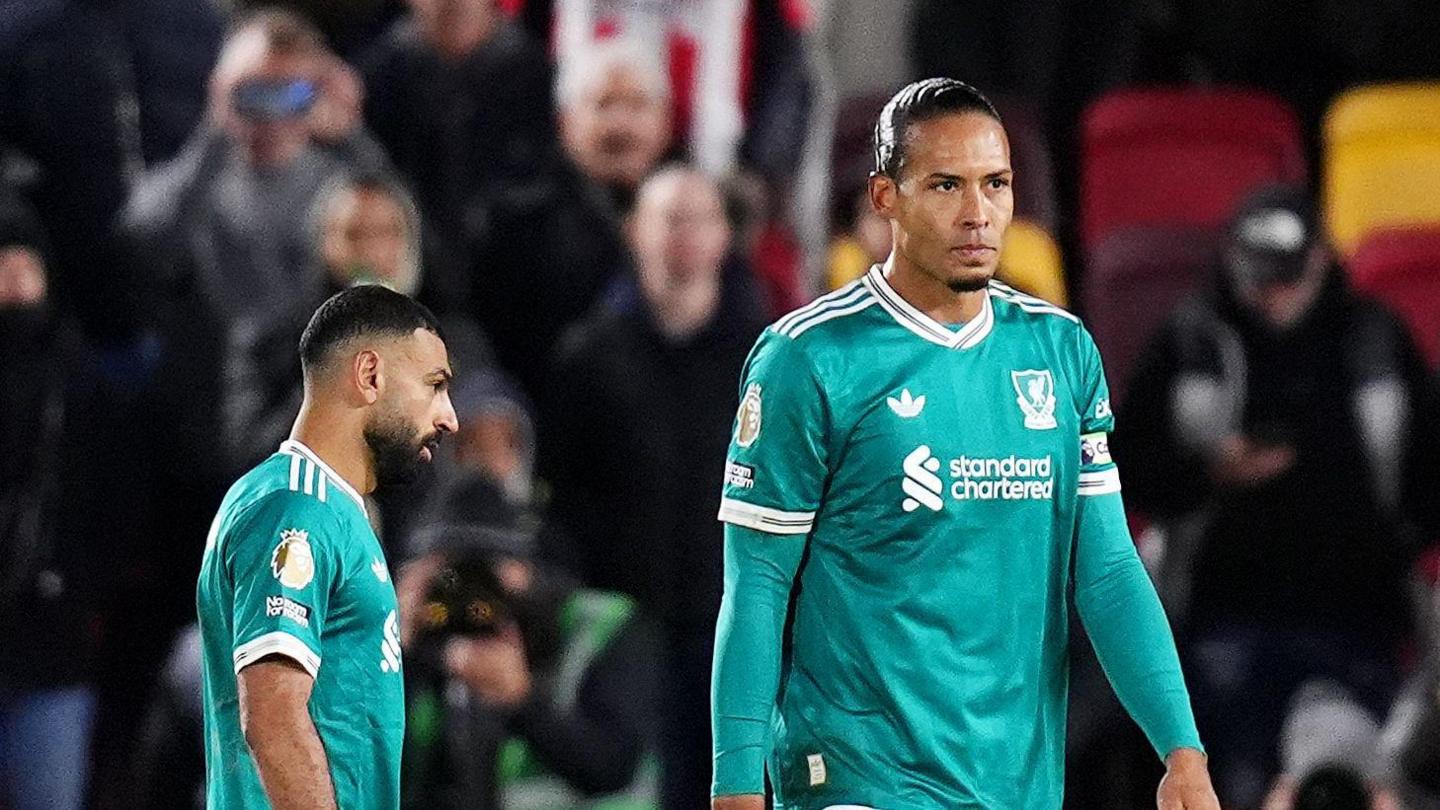
Defending Premier League champions Liverpool are in a worrying slump, having lost four consecutive matches. Former Engla...
Real Madrid Stuns Barcelona with Clasico Masterclass; Mbappe, Bellingham Shine
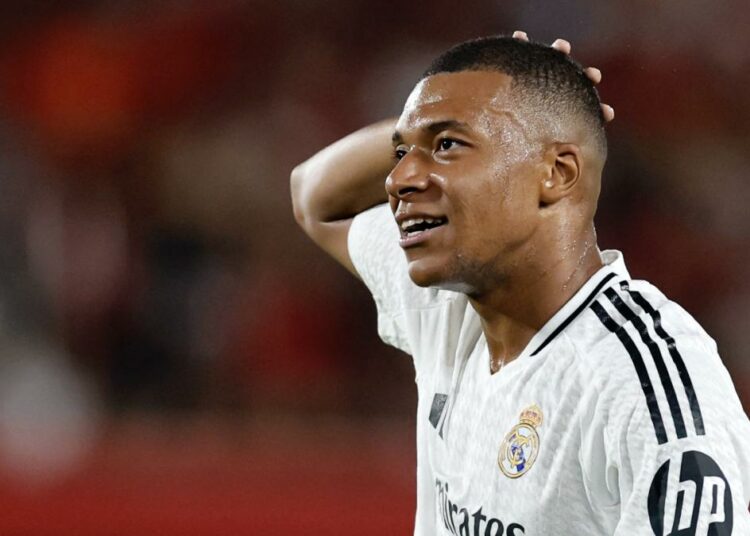
Europe's top football leagues delivered a weekend of high drama, featuring Real Madrid's controversial El Clásico victor...
Daily Show Drama: Jon Stewart's Battle for Creative Freedom Amid Paramount-Skydance Merger

Jon Stewart revealed at the New Yorker Festival that he is actively seeking to extend his contract at “The Daily Show” d...
Hemsworth Breaks Silence: The Weight of Replacing Cavill in Witcher Season 4

Liam Hemsworth will debut as Geralt of Rivia in The Witcher Season 4 this Fall, replacing Henry Cavill. Hemsworth shared...
Mzoe 7's 'Fela Kuti' Spectacle: Zimbabwean Artist Redefines Music & Drama!

Mzoe 7's recent one-man show at the Bulawayo Theatre has redefined performance standards, captivating audiences with a m...
Zimbabwean Duo Bantu & Dr. Chaii Seize Apple Music's Isgubhu Spotlight!

Award-winning Zimbabwean artists Bantu and Dr. Chaii are the latest Apple Music Isgubhu cover stars, celebrated for thei...
Caroline Flack Tragedy: Mother's Heartbreak Over Texts Found on Lewis Burton's Phone

Caroline Flack's mother, Christine, is heartbroken by newly resurfaced questions surrounding texts found on Lewis Burton...
Strictly's Claudia Winkleman's Daughter: A Decade On From Horrific Halloween Accident

After 12 years, Claudia Winkleman is stepping down from Strictly Come Dancing to prioritize her family, including her da...
